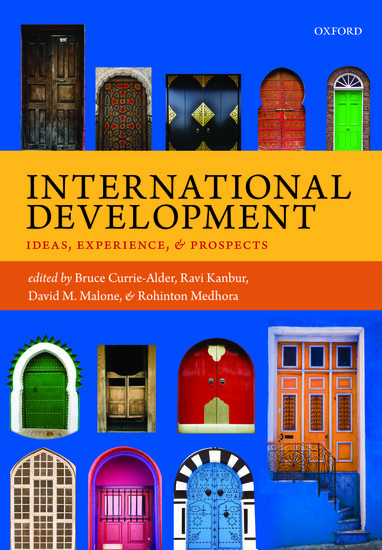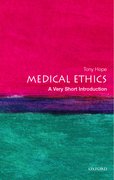Mary Lou Williams, jazz legend
Wednesday, 28 May marks the 33rd anniversary of Mary Lou William’s death. Mary Lou Williams, an African-American keyboardist, composer, arranger, and contemporary of both Ella Fitzgerald and Lena Horne, is often overlooked as a key contributor to the jazz movement of the 20th century.








